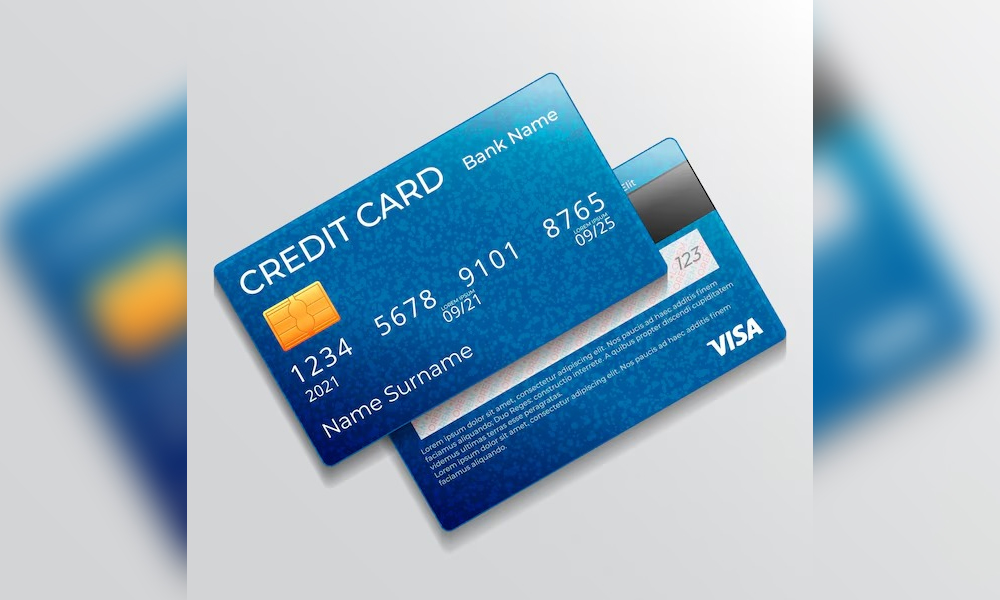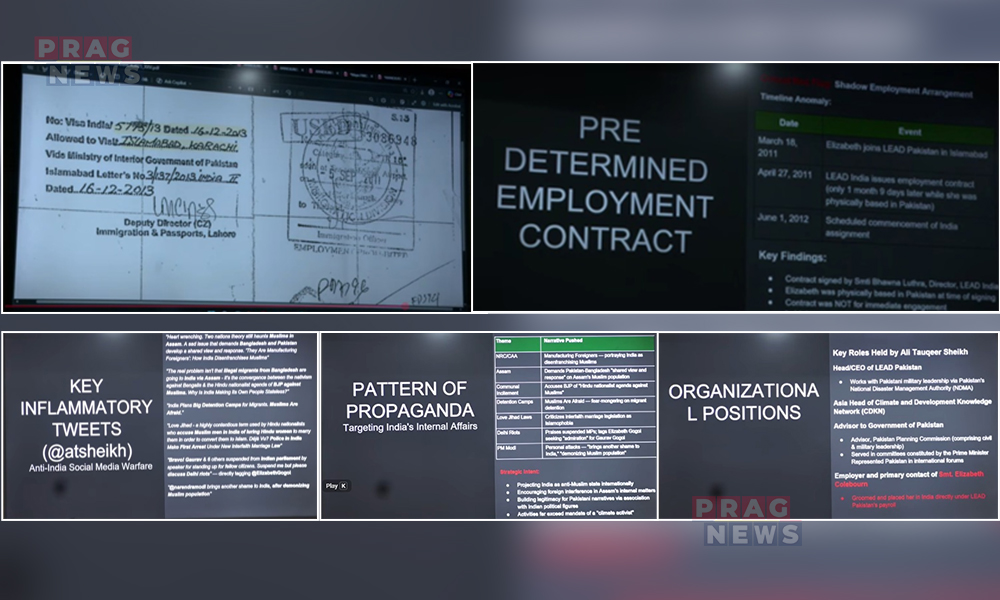Five critical factors to consider before relying solely on minimum payments
Digital Desk: If you own a credit card, managing it wisely is crucial. A credit card essentially acts as a short-term loan, allowing you to borrow money for purchases and repay it later—either in full or over time, with interest. While convenient, this financial tool can become a liability if not used carefully.
One of the most common mistakes people make is paying only the minimum amount due each month. Although this keeps your account from becoming delinquent and avoids late fees, it's a temporary fix that can lead to long-term financial trouble.
Here are five critical factors to consider before relying solely on minimum payments:-
1. Avoiding Late Fees
The minimum amount due is the least you must pay by the due date to avoid late payment penalties. Missing this payment can damage your credit score and trigger additional charges. Timely payments help maintain a healthy credit profile.
2. High Interest on Outstanding Balances
When you pay only the minimum, the remaining balance accrues interest—often at rates between 24% and 40% annually. This can quickly snowball into a large debt. Check your credit card issuer’s terms and consult customer service for full details.
3. Impact on Credit Score
While minimum payments prevent immediate harm to your credit score, consistent underpayment and any missed due dates can lower your score significantly. A strong credit history is built on full, timely repayments.
4. Longer Repayment Tenure
Paying only the minimum stretches out the repayment period, sometimes by years, increasing the total interest paid. This could trap you in a cycle of debt.
5. Understanding the Minimum Due Calculation
Typically around 5% of the total outstanding amount, the minimum due may also include EMIs, fees, and taxes. Always read your statement carefully and clarify any doubts with your card issuer.
Conclusion: Paying just the minimum might offer short-term relief but carries long-term costs. To maintain financial health, aim to pay your credit card bills in full and on time.


















